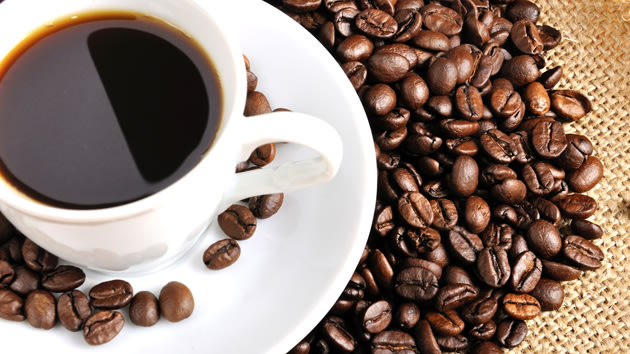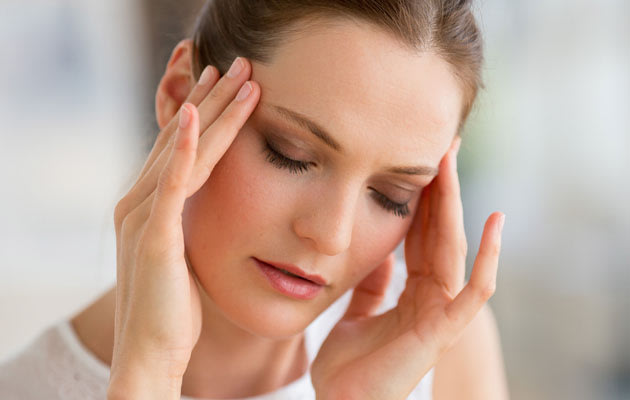Sometimes we all just need a boost. And for most of us, that zing in the tail comes from a lovely big shot of espresso.
Let's face it, most of us are pretty hooked on the brown stuff. And while I do my best not to guzzle too much coffee, I certainly couldn't live without - at the very least - extremely strong tea.
But caffeine doesn't really agree with me. This much I know. It gives me the twitches and stops me sleeping even if I have it long before the 3pm cut off that's recommended. So really it's part of a vicious cycle of not sleeping, drinking coffee and, er, not sleeping that leaves me tired yet wired and probably not always operating on my A-Game.
So I've always been intrigued by Matcha Tea. Caffeinated sure, but not to the same levels as black tea and coffee and with a longer 'high' as it were, it sounds right right up my street.
When Bloom sent me some of its new tea powders I decided it was time to ditch the habit, and pick up one loved by Buddhist monks - because surely they've got a better idea of what's good for the body and mind than I do?
Why Matcha Tea?
The highest grade of green tea you can get, Matcha is a very fine, bright green powder that you mix with hot water to make tea. It's part of the traditional Japanese tea ceremony and is the most expensive and highly prized tea you can get.
It's very high in antioxidants but relatively low in caffeine, making it a good choice for those looking ot cut down. But though it does give a gentle caffeine lift, it also promises better concentration and alertness, over a longer period of time than you'd get from your cwaafeee.
That's because the amino acid L-Theanine present in the tea works with the caffeine to give you slow release energy.
What it promises
Matcha tea is said to speed up your metabolism, improve your concentration and boost your energy for up to four hours.
And the Bloom tea I tried awas the Tropical Matcha with mango which promises to taste nice.
What's it really like?
If you've ever tried Matcha tea you'll know it's something of an aquired taste. It's earthy in flavour and though not as bitter as standard green tea, it's not as easy to drink as a builder's brew.
So I was keen to try something that changed the taste without reducing the benefits. And this is a good bet.
Like all fruit teas, it smells more mango-ey than it tastes, but it definitely makes the Matcha more paletable if you're not keen.
Did it give me a tonne of energy?
Well I'm a big fan. I religiously supped my bright green brew every morning at around 11am and found it did give me the energy and concentration I usually lack. It's subtler than coffee - instead of a hit of caffeine careening around my body making me work at 100 miles an hour and then crash, the Matcha did seem to give me a longer energy boost and improved focus.
Plus, even better, it did this without giving me the shakes and twitches coffee and tea tend to, didn't stop me sleeping and didn't give me a crash and cravings for another hit a few hours later.
Did it speed up my metabolism?
Possibly. It's hard to tell in a month. I didn't lose a load of weight but I did feel generally more alert and the improved energy and concentration probably had something to do with a boosted metabolism.
So all in all, I'll be keeping the switch! And it gives me something to chat about with colleagues in the kitchen, which is always nice.







